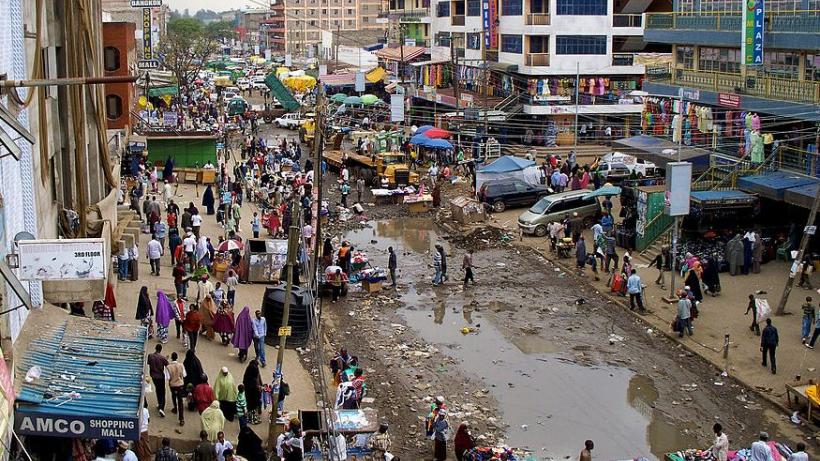Clientelism and the politics of social protection in Kenya
Social protection programmes, such as cash transfer programmes, are rapidly expanding in Africa. In principle, social programs are designed to alleviate poverty, and there is evidence that they can have a positive welfare impact. Yet social programs can also be subject to intense political manipulation, which can undermine their potential benefits.
A crucial question, therefore, centres on the politics of social programme implementation: under what conditions will social programmes be subject to political manipulation or capture? To address this question, this project aims to study the local politics of social programme implementation in Kenya, with a specific focus on cash transfer programmes. A focus on local level politics is critical because a feature of many social programmes in Kenya, and Africa more generally, is the delegation of significant responsibility, including beneficiary selection, to leaders and organizations at the community and district (or constituency) levels. The researchers aim to also address under what local political and social conditions are social programmes most likely to be (or not be) politically manipulated.
The research design centres on a within-country comparative analysis of social programme implementation in Kenya, where Constituency Social Assistance Committees (CSACs), made up of both political appointees and government bureaucrats, are involved in the implementation and oversight of social programmes, such as cash transfer programmes in each of the country’s 290 electoral constituencies.
The study involves in-depth qualitative interviews with key actors involved in programme implementation in constituencies, as well as a unique survey of CSAC committee members in over 100 constituencies. This information will be used to produce constituency-level indicators of social programme political capture, as well as to build and test hypotheses about the political and social characteristics of constituencies that make political manipulation more, or less, likely to occur.
This research will identify the potentially subtle and hard to detect ways that social programmes are influenced by local politics. Such information can inform reforms to program design intended to limit such manipulation and enhance programme oversight by both governmental and non-governmental actors. The research will also aim to identify why political manipulation is less intense or non-existent in some local areas. This information can directly inform the design and nature of governmental or non-governmental policies and programmes designed to reduce political manipulation. As a hypothetical example, a finding could be that social programmes are manipulated less when potential beneficiaries have good information about how programmes are supposed to be implemented according to the law. Such a finding would suggest a high potential for programmes centred on social programme transparency and beneficiary education.




